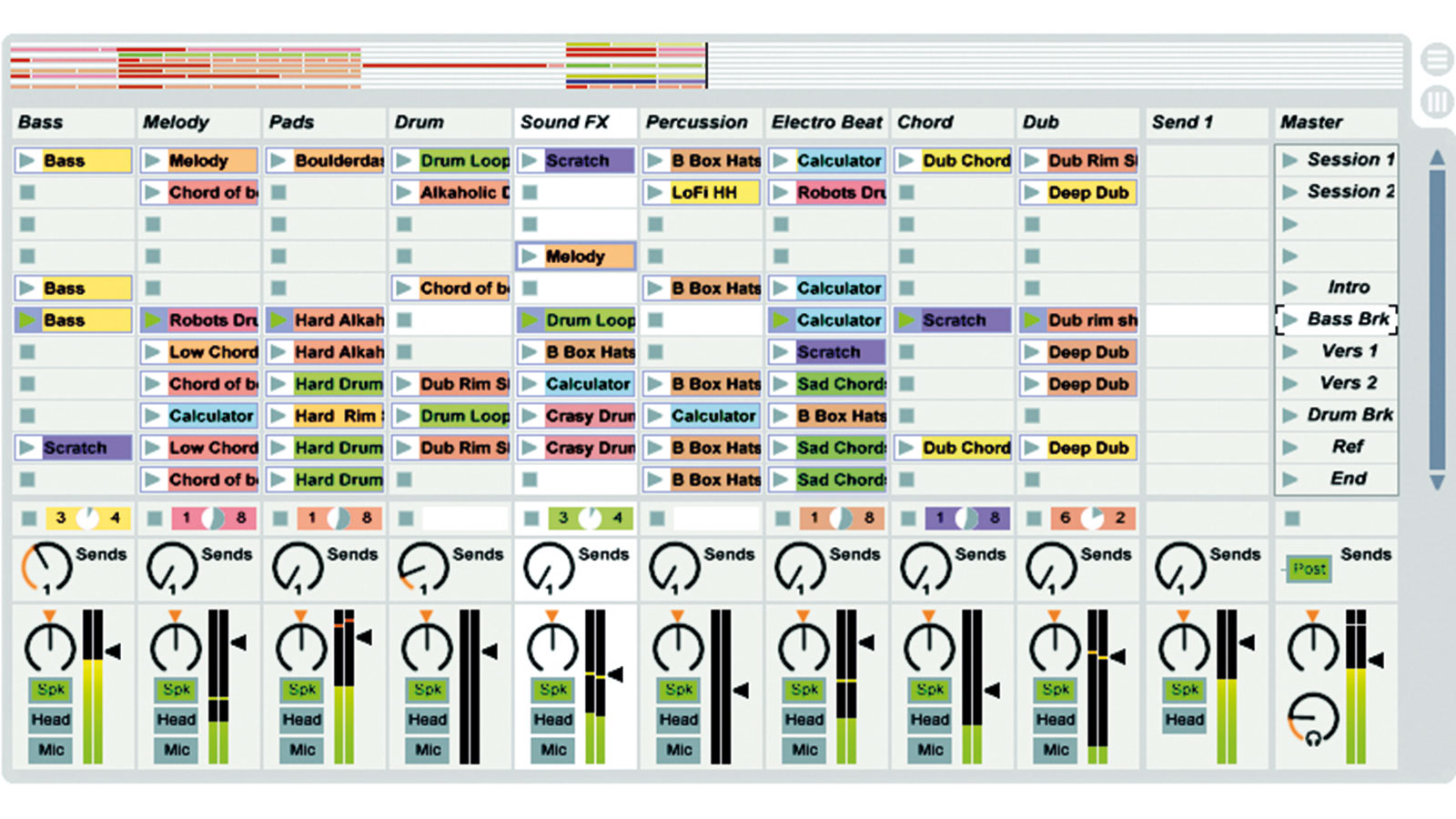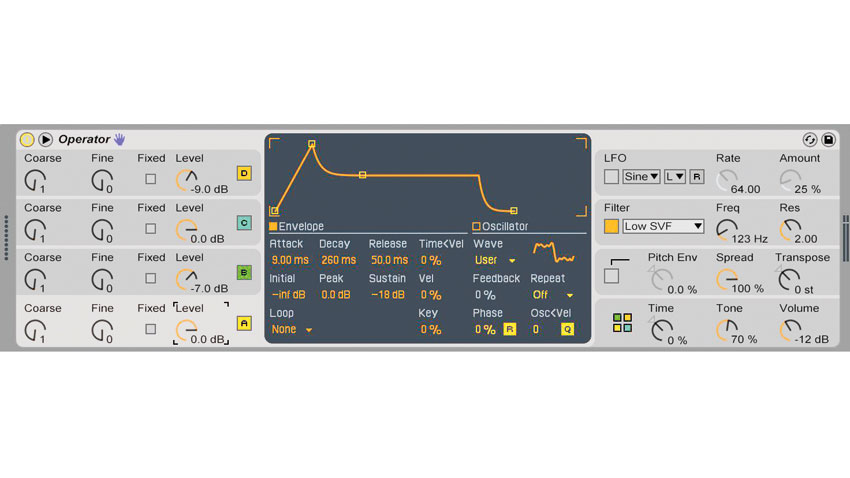Ableton co-founder Robert Henke on the origins of Ableton Live: “We just thought that our concept of a more performance-focused sequencing system would be interesting for a small group of people”
"Things just very quickly started to become much bigger than we anticipated”

Want all the hottest music and gear news, reviews, deals, features and more, direct to your inbox? Sign up here.
You are now subscribed
Your newsletter sign-up was successful
Ableton’s Live DAW is now such an integral part of the fabric of the music technology universe that it’s sometimes hard to believe that the software is still little more than 20 years old. When it was launched, back in 2001, it represented a sea change in the way that music could be made on a computer, so how did it come to be?
Speaking to Sound on Sound in a recent podcast, Ableton co-founder Robert Henke was asked about the origins of Live and how he came to form the company with Gerhard Behles.
Henke had been living in Munich, but says that he “kind of ran away” from there because it was “conservative and boring”. So, he moved to Berlin to study computer science.
It was there that Henke renewed contact with Gerhard Behles, who he’d previously known in Munich. “We became very close friends and we started making music together [as Monolake], and in order to do what we wanted to do we wrote our own little pieces of software. And later that person [Behles] decided to basically found their own company, Ableton, and he asked me to join. And that's what I did.”
Did the pair believe that they would soon create a DAW that would change the face of music production, though? It seems not.
“At the beginning, we just thought that our concept of a more performance-focused sequencing system would be interesting for a small group of people,” Henke recalls. He thought there would be some kind of market for it, though: “We were quite confident that a very, very small company could survive based on the customers in our electronic music bubble. And then things just very quickly started to become much bigger than we anticipated.”

Discussing his role at Ableton during Live’s early years, Henke says: “I was responsible for a lot of the decisions at the beginning. I wrote a lot of the early effects, and the one thing I'm most proud of is Operator - that's pretty much my baby. It was never intended to be a big synthesizer; it was just my take on building a small yet playful FM engine.”
Want all the hottest music and gear news, reviews, deals, features and more, direct to your inbox? Sign up here.
Henke left Ableton around a decade ago to focus on his art, but says that he returned because he felt too mentally involved to let it go.
“I felt it was important that I stay there and shape the future of it,” he explains. “And so I'm trying to find this balance between being an artist and being a software guy.”
You can listen to the full interview on the Sound on Sound website.
Revisit our 2021 interview with Robert Henke and Gerhard Behles.



I’m the Deputy Editor of MusicRadar, having worked on the site since its launch in 2007. I previously spent eight years working on our sister magazine, Computer Music. I’ve been playing the piano, gigging in bands and failing to finish tracks at home for more than 30 years, 24 of which I’ve also spent writing about music and the ever-changing technology used to make it.
